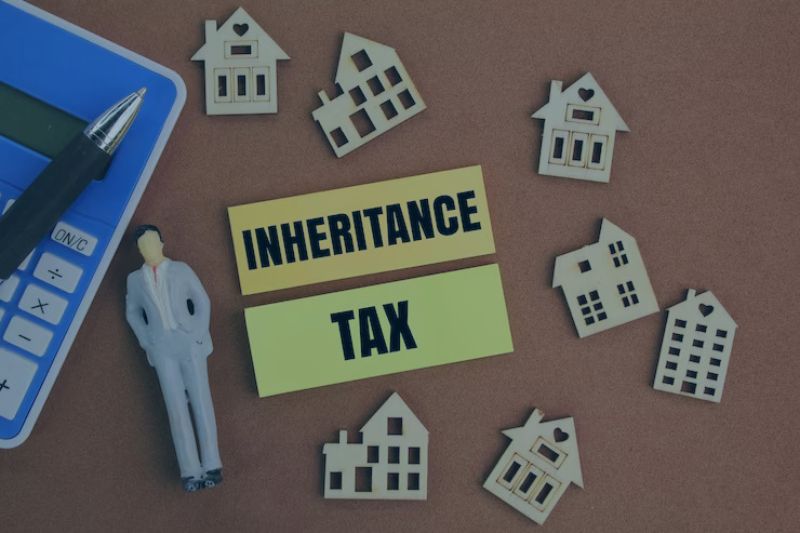How To Reduce Inheritance Tax in the UK?

December 25, 2023
In the UK, inheritance tax (IHT) can take a significant portion of an estate's value upon someone's passing. While it's crucial to plan ahead, reducing the impact of IHT requires careful consideration and strategic measures. Here's a comprehensive guide on how to navigate and potentially reduce inheritance tax liabilities in the UK.
Understanding Inheritance Tax
Inheritance tax is a levy on the estate of someone who has died, including property, money, and possessions. The standard IHT rate in the UK is 40% on estates valued above the £325,000 threshold. However, certain exemptions and reliefs can help mitigate the tax burden.
Inheritance tax planning involves strategizing to minimise tax liabilities on assets passed to beneficiaries. It includes trusts, gifts, and other mechanisms to efficiently transfer wealth while considering tax exemptions and thresholds. Professional guidance helps navigate complexities and optimise asset distribution, ensuring a smoother transfer of wealth to loved ones.
Plan Early and Seek Professional Advice
One of the most crucial steps in reducing IHT is early planning. Seeking advice from financial advisors or tax professionals can help navigate the complex landscape of IHT and ensure that your assets are structured efficiently. They can assist in creating a tailored plan to maximise available exemptions and reliefs.
Use Annual Gifting Allowances
Utilising annual gifting allowances can be an effective strategy to reduce IHT liabilities. In the UK, individuals can gift up to £3,000 per tax year without it being counted toward their estate. Additionally, small gifts of up to £250 to multiple individuals are exempt. Utilising these allowances annually can gradually reduce the taxable estate.
Make Use of Exempted Assets and Investments
Certain assets and investments are exempt from IHT. Assets held in a trust, qualifying AIM stocks, agricultural land, and business assets under Business Relief (BR) can benefit from reliefs or exemptions. Investing in these areas or restructuring assets can reduce the taxable estate.
Consider Life Insurance Policies
Life insurance policies written in trust can help cover the IHT liability. The payout from these policies, if structured correctly, can fall outside the estate and directly benefit beneficiaries without being subject to IHT.
Utilise Marriage Allowance and Spousal Exemptions
Transfers between spouses or civil partners are generally exempt from IHT. Unused portions of the nil-rate band can also be transferred to the surviving spouse, potentially doubling the threshold to £650,000. Utilising these allowances effectively can significantly reduce the overall tax burden.
Plan for Charitable Donations
Donating to charity not only supports noble causes but can also reduce IHT. Charitable gifts are exempt from IHT, and if at least 10% of the net estate is left to charity, the overall IHT rate can be reduced from 40% to 36%.
Regularly Review and Update Plans
Life circumstances change, and so should estate plans. Regularly reviewing and updating your plans ensures they remain aligned with current laws and personal situations, optimizing the use of available allowances and exemptions.
Reducing inheritance tax in the UK requires proactive planning and strategic decision-making. Utilising annual allowances, leveraging exemptions and reliefs, considering investments and insurance, and seeking professional guidance are key steps toward minimizing the IHT burden. Early planning and regular reviews of estate plans can pave the way for a more tax-efficient transfer of assets to your beneficiaries, securing your legacy while minimizing tax liabilities.
We, Doshi Accountants will be happy to assist you in inheritance tax planning with total peace of mind. Call or email us now for expert inheritance tax advice.
This article is for general information only and does not constitute legal or professional advice. Please note that the law may have changed since this article was published.

